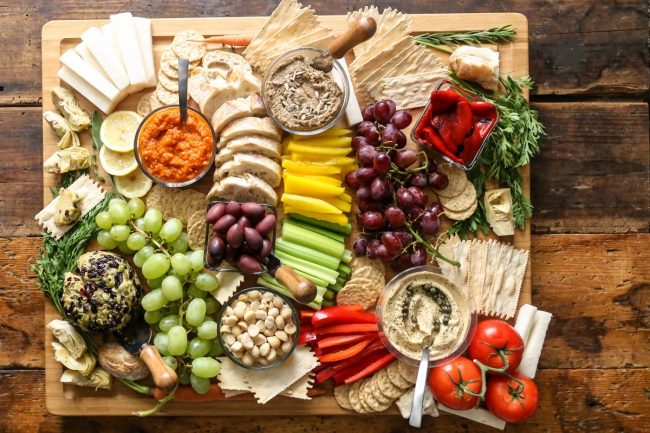
You may have seen previous articles from Invasive Weed Solutions talking about how effectively we kill invasive plants, and you might think that quite simply, that’s what we’re about. Death to the invaders, and whatnot.
Actually, that couldn’t be further from the overall aims of the company, which grew into what it is today from a landscaping business focussed on creating beautiful, diverse landscapes that people can interact with. It’s also far from the goals of many of our team – who are qualified in environmental science and other related disciplines because they have a genuine passion for the natural world.
It might seem counterintuitive to say that killing plants can actually help biodiversity, but this is the case, particularly with plants like rhododendron, Japanese knotweed and Himalayan balsam, which are pretty terrible for biodiversity in their own different ways.
So, with that, and with so many of our team having such lovely young families, we’re actually as upset as anyone to read that, basically, we’re all going to die unless we take some pretty drastic action very soon. I mean, obviously we’re all going to die anyway, but hopefully in Vegas hotel rooms, base jumps and self-inflicted selfie mishaps, rather than scrabbling in the dirt for the last edible morsels on a withering dust-ball of a planet.
Putting a hedgerow around the edge of farmers’ fields is a positive step, but at this point, it’s the epitome of playing around with the edges – there are huge changes required, including leaving huge amounts of carbon reserves untouched (we’re looking at you, fracking, tar sands and “clean coal” – not just the huge amounts of oil that need to stay in the ground).
Perhaps surprisingly, though, some of the more effective changes can be brought about by relatively minor changes in human consumption – particularly of meat and dairy, which alone could reduce global farmland use by 75%. Such reductions would go a long way to eliminating the need for deforestation and other harmful practices implicated in the apocalyptic loss of biodiversity we’re currently causing.
Reducing meat and dairy consumption would also create huge benefits in terms of climate change – which is also going to destroy society, if we don’t do something soon.
On that note, it’s positive to read that a third of Britons have reduced or even stopped their meat consumption, with one in eight now vegetarian or vegan. If it continues, this is a trend that could really contribute to a brighter future (or any kind of future) for our children and grandchildren.
So maybe we’re not all going to die after all – just remember to order the tofu, broccoli and cabbage wrap next time you eat out*.
Chris Oliver
Invasive Weed Solutions
* Or if you’re in the Greater Manchester area, try high-end gourmet vegan cooking, guilt-free guilty-pleasure vegan food – or even fantastic fake vegetarian Chinese food!
